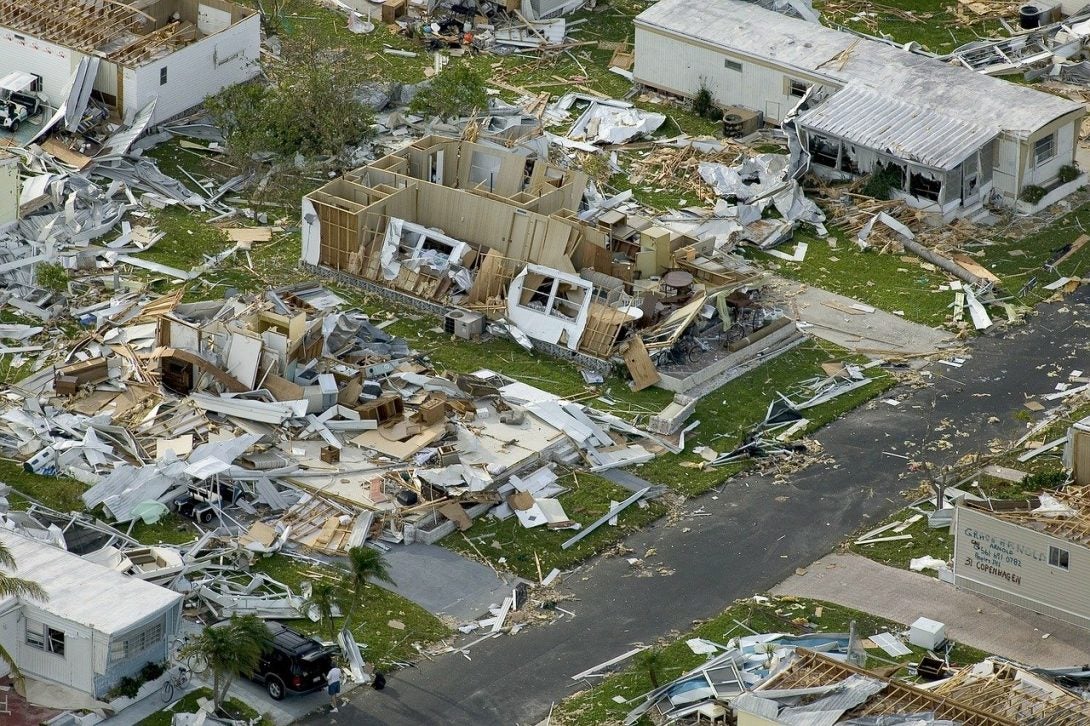Derrible receives NSF EAGER grant for post disaster cleanup

Natural disasters leave behind large amounts of debris. In an effort to responsibly manage the wreckage, CME Associate Professor Sybil Derrible has hosted workshops focused on post-disaster cleanup.
Recently, the professor received another boost from the National Science Foundation (NSF) to advance his research.
Derrible has been awarded a new NSF EAGER grant titled “SUstainable Material Management Extreme Events Reconnaissance (SUMMEER) Organization.” The two-year grant is a collaboration between UIC, Florida State University, and California Polytechnic University, and the total budget is $299,999. It is dedicated to training and data collection of post-disaster materials after extreme events.
“The amount and highly variable composition complicate management of the post-disaster debris. With proper material recovery processes, reusing and recycling create value and divert debris from landfills, minimizing the overall environmental impact,” said Derrible, who is the director of the
complex and sustainable urban networks (CSUN) laboratory at UIC. “The main goal of this project is to establish the SUMMEER organization with a geographically distributed network to respond to post-disaster debris management challenges.”
In order to reach their goal, the researchers proposed an aggressive plan. They will facilitate a combined member and community-based approach to maximize the effect of post-disaster debris reconnaissance activities, organize and train a broad range of individuals for reconnaissance and study of debris from extreme events, coordinate pre- and post-disaster efforts to collect perishable data on post-disaster debris in a timely and effective manner, and provide significant data and resources for research on sustainable management of post-disaster debris.
“The results of this research will allow us to develop the framework and tools to plan and sustainably manage disaster debris to get the greatest benefits from the materials through reuse and recycling, which will minimize the impact on human health and the environment,” said Derrible.
A data repository will be created during the study for use by the research community. SUMMEER will participate in joint response activities with the other NSF-funded EERs to evaluate environmental impacts of disasters that are important for sustainable debris management research in a timely and effective manner in addition to the structural, geotechnical, and social impacts identified through the existing EERs adding value and expanding the impact of the combined EERs.
The NSF’s EAGER funding supports exploratory work in its early stages on untested, but potentially transformative research ideas or approaches. The research could be considered especially “high risk-high payoff” in the sense that it, involves radically different approaches, applies new expertise, or engages novel disciplinary or interdisciplinary perspectives.
Learn more about Derrible’s research at https://csun.uic.edu.